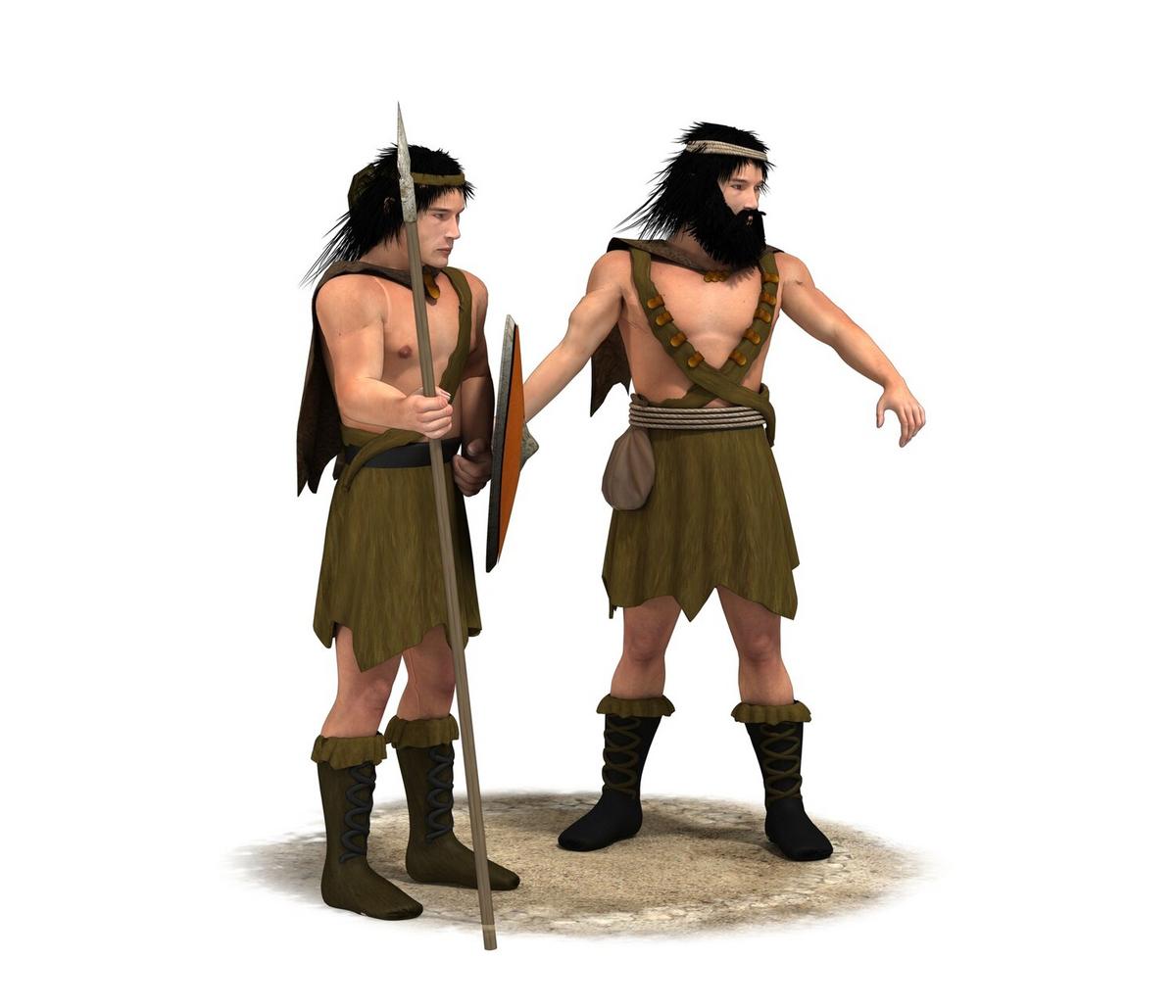Unlocking the history of ancient civilizations is like opening a treasure chest of human achievement, innovation, and culture. From the majestic pyramids of Egypt to the intricate city planning of the Indus Valley, each civilization has left a unique mark on the world. Let’s delve into the fascinating world of ancient civilizations and uncover the secrets of our ancestors.
The Allure of Ancient Civilizations
Ancient civilizations have always captivated our imagination. Their monumental structures, advanced technologies, and rich cultures provide a window into humanity’s past. But what makes these civilizations so intriguing?
“Studying ancient civilizations helps us understand the roots of modern society,” says Dr. Jane Smith, a renowned archaeologist. “It reveals how human ingenuity and adaptability have shaped the world we live in today.”
Unveiling the Mysteries: A Journey Through Time
Let’s take a closer look at some of the most influential ancient civilizations and their remarkable contributions.
Ancient Egypt
Known for its pyramids, mummies, and hieroglyphics, ancient Egypt is perhaps the most iconic of all ancient civilizations. The construction of the Great Pyramid of Giza, one of the Seven Wonders of the Ancient World, still baffles scientists today.
Mesopotamia
Often referred to as the cradle of civilization, Mesopotamia was home to the Sumerians, Akkadians, Babylonians, and Assyrians. They developed the world’s first writing system, cuneiform, and made significant advancements in mathematics and astronomy.
Indus Valley Civilization
The Indus Valley Civilization, located in present-day Pakistan and northwest India, is known for its advanced urban planning, including well-laid-out cities, sophisticated drainage systems, and impressive architectural structures.
Ancient China
Ancient China, with its dynasties and empires, has contributed immensely to global culture and technology. Innovations such as papermaking, gunpowder, and the compass originated here. The Great Wall of China remains a testament to their engineering prowess.
Comparing Civilizations: A Quick Overview
| Civilization | Location | Key Contributions |
|---|---|---|
| Ancient Egypt | Northeast Africa | Pyramids, Hieroglyphics |
| Mesopotamia | Middle East | Cuneiform, Mathematics |
| Indus Valley | South Asia | Urban Planning, Drainage Systems |
| Ancient China | East Asia | Paper, Gunpowder, Compass |
| Maya | Central America | Calendar, Astronomy |
| Ancient Greece | Southeast Europe | Philosophy, Democracy |
| Rome | Europe | Engineering, Law |
| Persia | Middle East | Architecture, Administration |
FAQ Section
Frequently Asked Questions
Why is it important to study ancient civilizations?
Studying ancient civilizations helps us understand the origins of modern society and the innovations that have shaped our world.
What are some of the key contributions of ancient civilizations?
Ancient civilizations have contributed in areas such as architecture, writing, mathematics, astronomy, and urban planning.
Where can I learn more about ancient civilizations?
Many museums, such as the British Museum and the Metropolitan Museum of Art, offer extensive collections and online resources.
Unlocking the Secrets: Tips for Further Exploration
- Visit local museums and historical sites to see artifacts and exhibits related to ancient civilizations.
- Read books and watch documentaries to gain a deeper understanding of specific civilizations.
- Take online courses or attend lectures on archaeology and ancient history.
- Join a historical society or online community to connect with others who share your interest.
By exploring the history of ancient civilizations, we not only satisfy our curiosity but also gain valuable insights into the human experience. Whether you’re a history enthusiast or a casual learner, there’s always something new to discover.
Conclusion
In conclusion, unlocking the history of ancient civilizations offers a fascinating journey through time. From the architectural marvels of Egypt to the intellectual achievements of Greece, each civilization has contributed to the tapestry of human history. As we continue to study and explore these ancient societies, we uncover the roots of our own culture and the remarkable ingenuity of our ancestors. So, take action today—visit a museum, read a book, or join a historical community—and embark on your own adventure into the past.



Leave a Reply